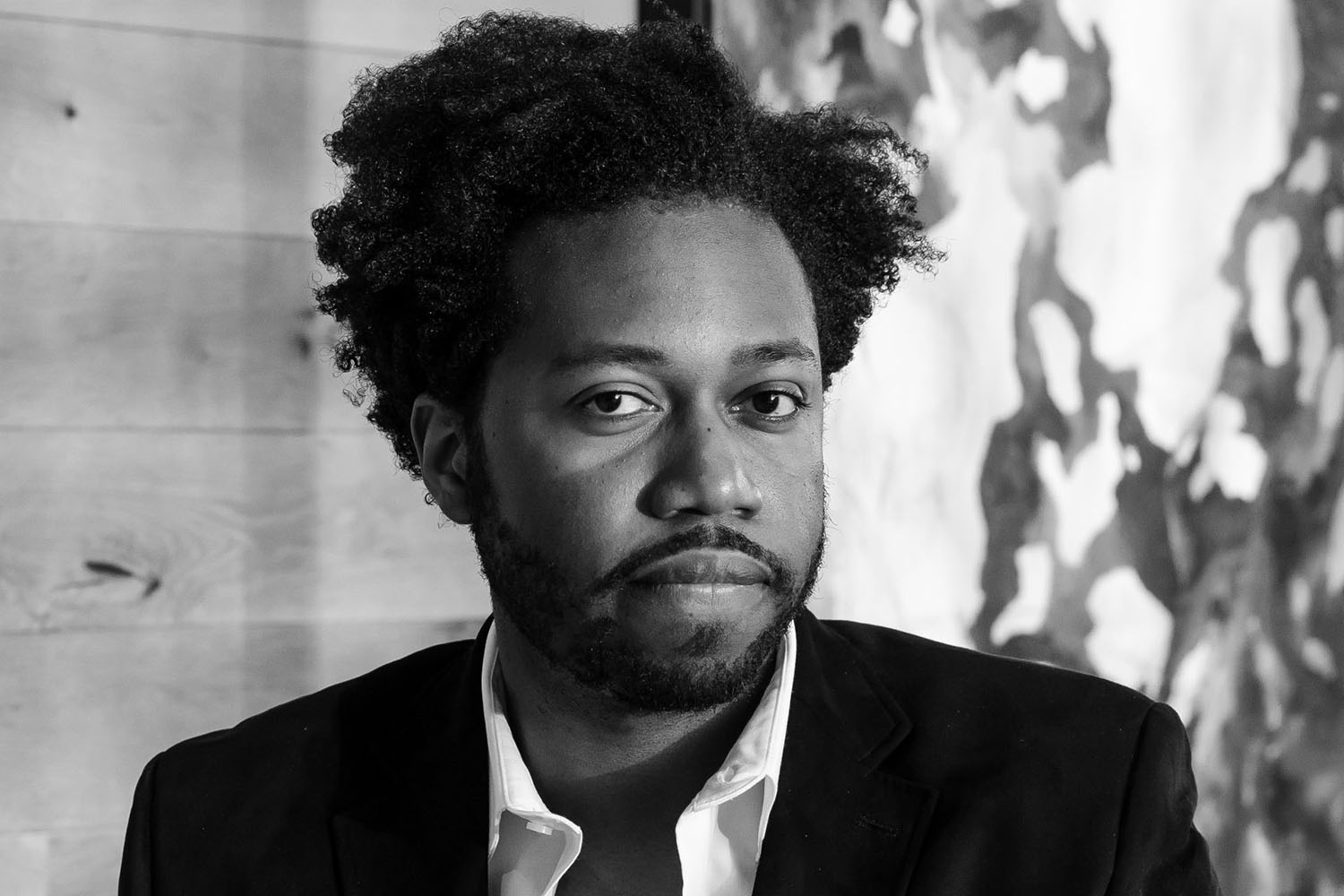Last year, the top three New Year’s resolutions for Americans focused on improving their lifestyle by either enjoying life to the fullest, living healthier, or losing weight.
But when it comes to picking a healthy resolution, a lifestyle medicine expert at UConn Health says be sure you choose a realistic goal that you can reach gradually in order to stick to it and be successful.
“If you pick a realistic resolution then you are more likely to conquer it,” says Bradley Biskup, a physician assistant and founder of the Lifestyle Medicine Clinic at the Pat and Jim Calhoun Cardiology Center at UConn Health. “But don’t try to be perfect.”
Starting to live a healthier life is more important than ever if you want to live longer. Even though more than 80 percent of human disease is preventable, a recent government report showed that for the first time life expectancy in the U.S. is down overall since 1993.
When it comes to choosing to start to live healthier and maintain a healthy weight, Biskup advises pursuing three resolutions gradually:
Exercise more: Don’t forget to take the opportunity to move any chance you get. More and more people recognize that high-intensity exercise isn’t the best, especially if you take into account the risk of injury or sudden death, and the challenge of sticking with it. In fact, for losing weight and decreasing your stress hormone levels, moderate intensity is better. Also, working out in a group with friends, family, or co-workers makes exercise more enjoyable and, as such, increases your motivation and the odds of maintaining the physical activity. Biskup recommends getting more exercise during the day, such as taking the stairs when you can, parking your car further away from your destination, or perhaps getting a standing work desk. Also, keep enhancing your physical activity goal. For example, if you walk 1,000 steps a day, set a goal to gradually increase by 10 percent periodically and keep asking yourself: “Can I move more today?”
Eat healthier: When you make dietary changes, such as decreasing processed sugars, it takes 20-25 days for your taste buds to adapt. This means when you cut sweets from your diet and then go back to eating them, those desserts can taste extra sweet and not as enjoyable. Biskup recommends eating a mostly plant-based diet and adding a piece of fruit each day, a couple handfuls of nuts, and gradually cutting down on processed foods, such as the cream and sugar in your coffee. Decreasing each by a quarter each month will help you gradually make changes and keep it palatable. Also, bringing your lunch to work or on the road can help you stick to your dietary goals: It’s easier to make healthier food choices when you have healthy food around you.
Lower stress: Stress can impact your daily life, your health, and your ability to stick to your healthy resolution, according to Biskup. The body’s physical response to stress leads to a ‘flight or fight’ response, with the release of stress hormones that can linger in your body. If you don’t exercise, the hormones can remain and build up in your body, leading to fat deposition, especially through your midsection. Moderate to low-intensity activity/exercise can help metabolize the level of stress hormone in your body, along with deep breathing techniques and meditation.
To be successful with your New Year’s resolutions, Biskup recommends continuously assessing your progress on a weekly basis. He says it’s common for people making a healthy resolution to think they have to totally and immediately halt their intake of unhealthy food or arrest bad habits such as smoking or drinking alcohol. But to be successful in curbing or reducing unhealthy habits, he advises gradually working in more good, healthier habits like eating more fruits and vegetables and taking more daily exercise.
“It is human nature to want more of what you ‘can’t have’,” he says. “But in a short period of time, people who start to make healthier lifestyle choices find they feel much better, and then they start to focus on more healthy behaviors and find that it takes less effort to push away the unhealthy food choices and bad habits of the past. It comes down to increasing the good, to decrease the bad.”
And if you should falter on your resolution – don’t worry, he says. A healthy lifestyle takes practice.
Biskup says lifestyle modifications are like climbing a staircase.
“When walking up the stairs, sometimes we take a step back, but we don’t ever throw ourselves down the stairs,” he says. “If you have a misstep when trying to stick to your resolution to get healthy, don’t worry, just refocus and plan for the next day. Tomorrow is a fresh start, and it’s important to learn what caused the step back so it is less likely to happen again.”



